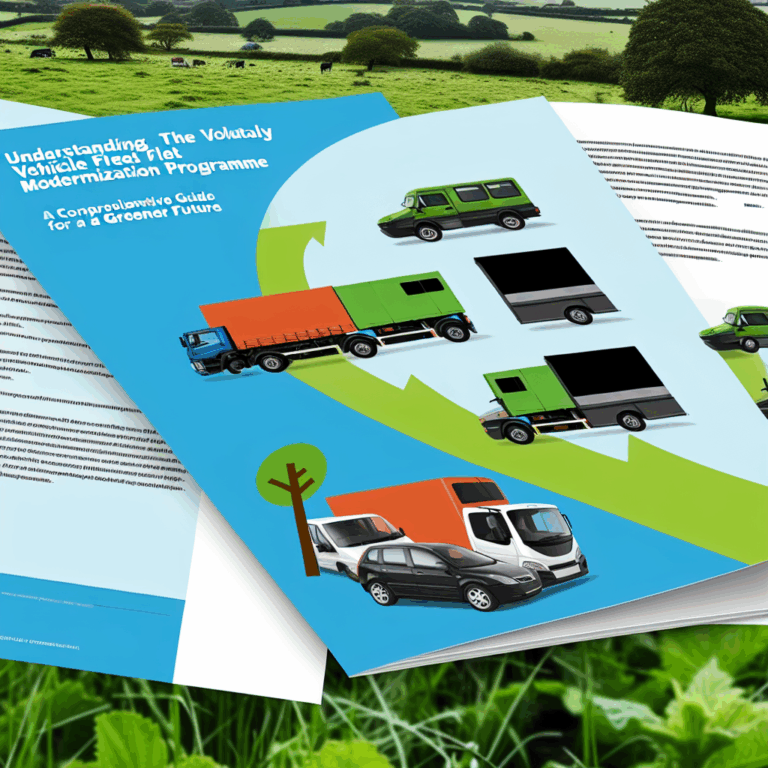Copyright @ 2023 www.digimitr.com. All rights reserved.

Unlocking Growth: How Government Schemes Empower Small & Medium Enterprises to Thrive
Learn about the important features of the government scheme titled “Unlocking Growth: How Government Schemes Empower Small & Medium Enterprises to Thrive”. This initiative is overseen by the relevant ministry and aims on providing benefits to eligible beneficiaries.
Here is a comprehensive overview:
Introduction
Small and Medium Enterprises (SMEs) are pivotal to any thriving economy. They contribute significantly to job creation, innovation, and social stability. However, these enterprises often face financial and structural challenges that hinder their growth. Recognizing this issue, governments worldwide have devised various schemes aimed at empowering SMEs. These initiatives serve as a catalyst for growth, providing financial assistance, technical support, and other resources, enabling these businesses to scale their operations effectively.
Eligibility Criteria
While government schemes can vary by country, there are common eligibility criteria that many SMEs must meet to qualify. Typically, these criteria include business size, which is often determined by the number of employees or annual revenue. For instance, in many jurisdictions, a small enterprise might have fewer than 50 employees and annual revenue under a specified threshold. Additionally, businesses must often be officially registered, have a viable business plan, and demonstrate potential for growth. In some cases, certain sectors like technology, health care, or green businesses may receive preferential treatment, thus widening the eligibility for those specific industries.
Key Features and Benefits
Government schemes designed for SMEs usually come with several key features and benefits. First and foremost is the financial support provided through grants, low-interest loans, or tax incentives. For example, a government might offer matching grants for research and development, thereby reducing the financial burden on SMEs. Furthermore, many schemes provide access to mentorship programs, workshops, and networking opportunities that help entrepreneurs learn essential business skills.
Another critical feature is the provision of resources like market insights and regulatory support, which help SMEs navigate complex compliance landscapes. These schemes often include outreach activities that connect SMEs with larger corporations, government contracts, and export opportunities. Such features collectively create a nurturing environment, enabling SMEs to thrive despite the existing challenges.
Application Process
The application process for government schemes can be a comprehensive and systematic endeavor. Generally, the first step is to research various available programs to find those most suited to the specific needs of the business. Once identified, SMEs typically must submit an application that includes documentation such as a business plan, financial statements, and other relevant information.
Many programs have specific deadlines, so early preparation is essential. After submission, the review process may take several weeks or months, depending on the scheme’s complexity. Some programs might require an interview or follow-up questioning, allowing assessing authorities to clarify any inconsistencies in the submitted documentation.
Funding and Budget
The funding available through government schemes for SMEs can vary significantly, depending on the country and the specific program. Some grants may cover 50% or more of project costs, while low-interest loans can provide capital for business expansion without the high-interest rates typical of private lenders. Additionally, some government programs set a budget cap, determining the maximum financial support a business can receive.
A comprehensive budget plan is vital for SMEs applying for funding, as it helps demonstrate the need for support and the potential for efficient financial management. Furthermore, many governments require periodic financial reports as part of the funding structure, ensuring transparency and accountability.
Achievements or Impact
The impact of government schemes on SMEs can be substantial. Numerous success stories highlight businesses that have used these resources to expand operations, hire additional employees, and enter new markets. For instance, in countries where innovative grants and R&D incentives are available, many tech startups have successfully secured funding, facilitating cutting-edge developments. According to various studies, SMEs that leverage government support tend to show higher growth rates and contribute significantly to GDP compared to those that do not.
Challenges (if any)
While government schemes have proven effective in supporting SMEs, challenges still exist. One common obstacle is bureaucratic red tape, which can complicate the application process and hamper timely access to funds. Furthermore, some schemes have eligibility criteria so stringent that they unintentionally exclude deserving enterprises. Another barrier is the lack of awareness or understanding of available programs among business owners, particularly in more rural or underserved areas.
Recent Updates
Governments are continually revising and updating their programs to better meet the needs of SMEs. Recently, many countries have introduced digital transformation grants that assist businesses in adopting new technologies. Additionally, some schemes have been simplified to reduce the administrative burden on SMEs. In response to changing economic dynamics, a growing number of initiatives now focus on sustainability and green technologies, aligning with global trends toward environmental responsibility. This adaptability ensures that government schemes remain relevant and effective in a rapidly changing market.
Conclusion
Government schemes play a crucial role in empowering Small and Medium Enterprises, facilitating their growth and sustainability. From financial assistance to mentorship sessions, these initiatives offer a broad spectrum of support that can help SMEs overcome obstacles and seize new opportunities. Despite some challenges, continuous improvement and innovation in these schemes demonstrate a commitment to fostering a vibrant entrepreneurial ecosystem. As SMEs continue to adapt and evolve, such government initiatives remain invaluable tools for unlocking growth and ensuring long-term success.
FAQ
1. What types of government support are available for SMEs?
Government support for SMEs can include grants, low-interest loans, tax incentives, mentorship programs, and access to resources for market research and compliance.
2. How can I find out about available government schemes in my area?
Most government websites have dedicated sections for businesses where they list available schemes. Additionally, local chambers of commerce and small business development centers often provide valuable information.
3. Are there specific sectors that benefit more from government schemes for SMEs?
Yes, certain sectors like technology, healthcare, renewable energy, and agriculture often receive special focus and more resources, owing to their potential for growth and societal impact.
For more information, check out official government site,
Official government website or relevant source not provided.
Stay updated on related schemes and initiatives using hashtags: #Unlocking #Growth #Government #Schemes #Empower #Small #Medium #Enterprises #Thrive
Feel free to share about this scheme in the comments below!





